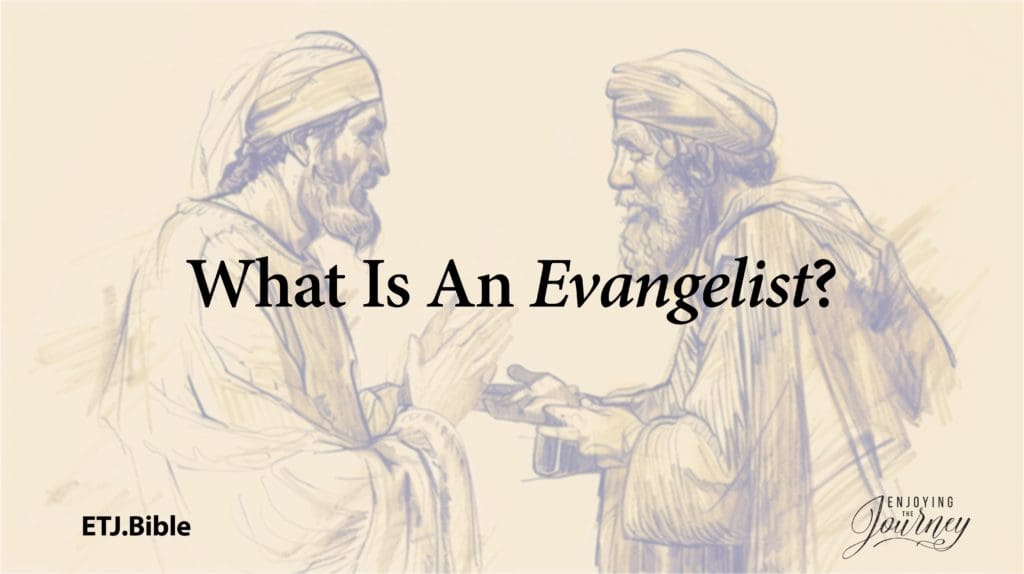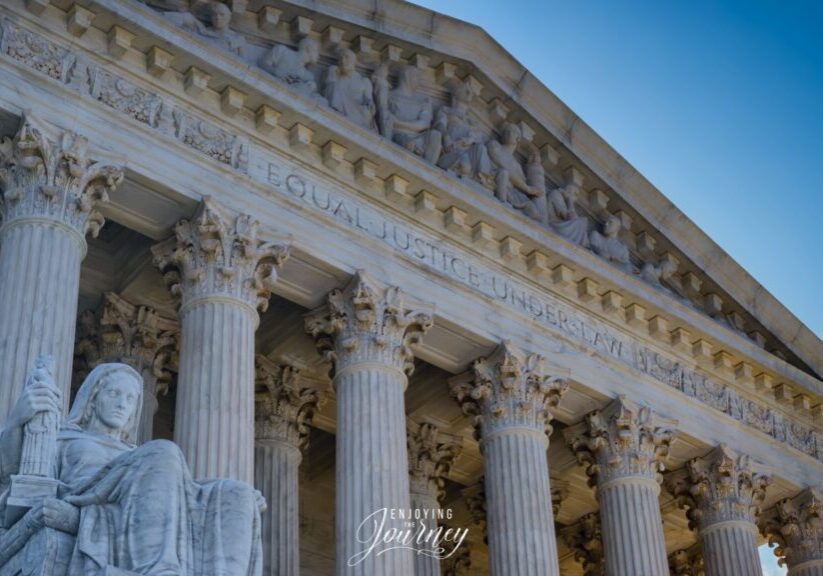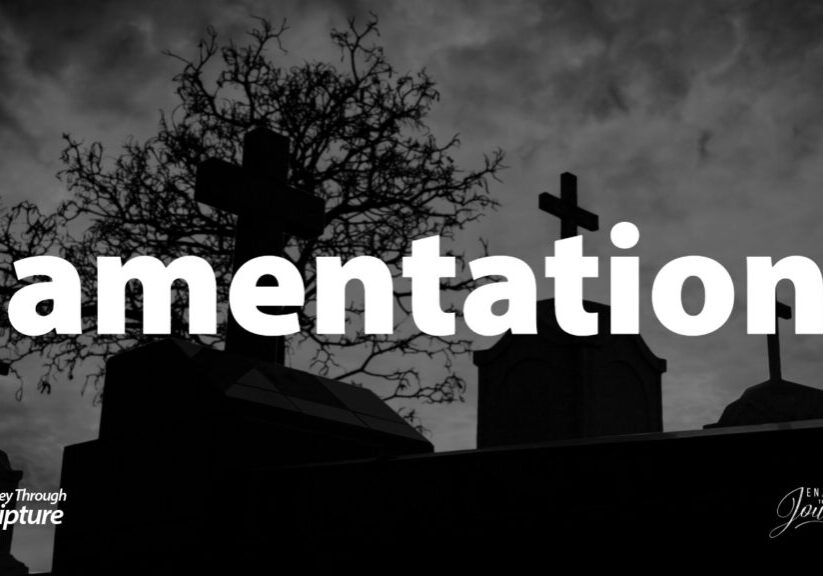
What Is An Evangelist?
“Did you ever imagine that you would be an evangelist?” This question from a pastor recently was a reminder that for the first half of my life, I never thought that I would be “an evangelist.” No, I had no such plans. That’s the funny thing about God’s will – it doesn’t follow our plans, it follows His! It was under the ministry of an evangelist that I was called to preach, but I knew little of what the Bible said about the work of the evangelist.
When God led us into evangelistic work, I began to search the Scriptures and was surprised to find that the word “evangelist” is found in only three places in the New Testament. The work of evangelism, of course, is woven throughout. It is my conviction that the fact there are few references does not imply that this work is not important (if God said it once that would be enough!), but rather clearly and concisely the Lord defines what the evangelist is to be and do.
Ephesians 4:11-13 says, “And he gave some, apostles; and some, prophets; and some, evangelists; and some, pastors and teachers; For the perfecting of the saints, for the work of the ministry, for the edifying of the body of Christ: Till we all come in the unity of the faith, and of the knowledge of the Son of God, unto a perfect man, unto the measure of the stature of the fulness of Christ.”
God gives evangelists to the church, just as He gives every other messenger. Evangelists have the same purpose as pastors and teachers – to help mature saints to do the work of the ministry for the building up of the Lord’s work. We are not called to do a different work; we are working together with Christ and with one another for God’s purposes.
Philip: The Evangelist
Though many preachers in the New Testament labored as evangelists, there is one man who is identified as “the evangelist” (Acts 21:8). It is my conviction that God uses this man, Philip, to picture what an evangelist is to be. Walk through Acts with him and take careful note of the example we are given…
1. Evangelists are servants (Acts 6:3-5).
The first time we meet Philip, he is not preaching; he is serving! Philip was one of the first deacons. This does not mean that every deacon is to be an evangelist or that every evangelist must be a deacon, but that the evangelist first and forever is a servant of Christ and of the church.
2. Evangelists preach Christ (Acts 8:5, 35).
The message of the evangelist is simple: it is Jesus. Even the name evangelist is rooted in “evangel” – literally, the good news. Whether Philip was preaching to one man or to a whole city (and the evangelist should do both) he simply pointed people to Christ. As people believed, they were baptized and added to the church (v. 12). The great commission is being fulfilled!
3. Evangelists follow the Lord’s leading to different places to lead people to the Lord (Acts 8:26, 29, 39).
Each time the Holy Spirit prompted Philip he followed the divine leading. We follow to lead. Only as we follow Christ are we able to lead others to Him.
4. Evangelists use the Word to guide people to God (Acts 8:31).
The goal of the evangelist is to guide people to God, not draw people to Himself. It was through using God’s roadmap, the Scriptures, that Philip accomplished this. Use the Word and you will be used.
5. Evangelists have an itinerant ministry (Acts 8:40).
“Passing through he preached in all the cities.” What the pastor does in one place the evangelist is called to do in many places. Pastors are called to lead and feed a flock. Evangelists are called to come alongside local pastors and help them in that work. Travel is not the measurement of the evangelist but rather what he does when he arrives in each place.
6. Evangelists help others in the work of the gospel (Acts 21:8).
It is beautiful to see Philip interested and invested in the work of others as long as that work is connected to the gospel. It is not about us or about us building our own work! We labor together for the purpose of glorifying Christ and calling all men to Him.
7. Evangelists train others to carry on the work in the next generation (Acts 21:9).
Philip obviously taught his own daughters to live in tune with God and to share God’s truth with others. All of us who are ministers should begin this work in our own homes. The biblical evangelist is not just to leave behind new converts, he is to leave behind new evangelists! Everything reproduces after its own kind.
The final reference to the evangelist in Scripture is especially applicable to us all. In 2 Timothy 4:5, Paul instructed a pastor to “do the work of an evangelist.” This must mean that though only some will be evangelists by calling, all of us can do the work of giving out the gospel and bringing people to Jesus.
I am learning more every day about what God designed for me to do. Please pray for me. But these few things from Scripture I have come to believe with deep conviction. How wonderful it would be to be remembered as “the evangelist.” God help us all to live and labor today consumed with the gospel and committed to the work of reaching others.
Read other articles on this subject:
”What I Learned My First Year In Evangelism”
Complete: Bible App Plan
Watch: Philip the Evangelist
Discover more from Enjoying the Journey
Subscribe to get the latest posts sent to your email.







